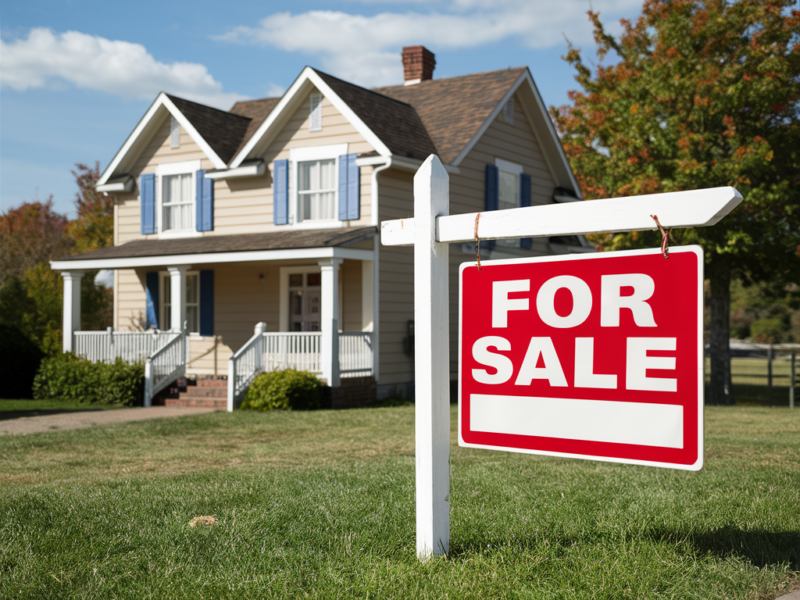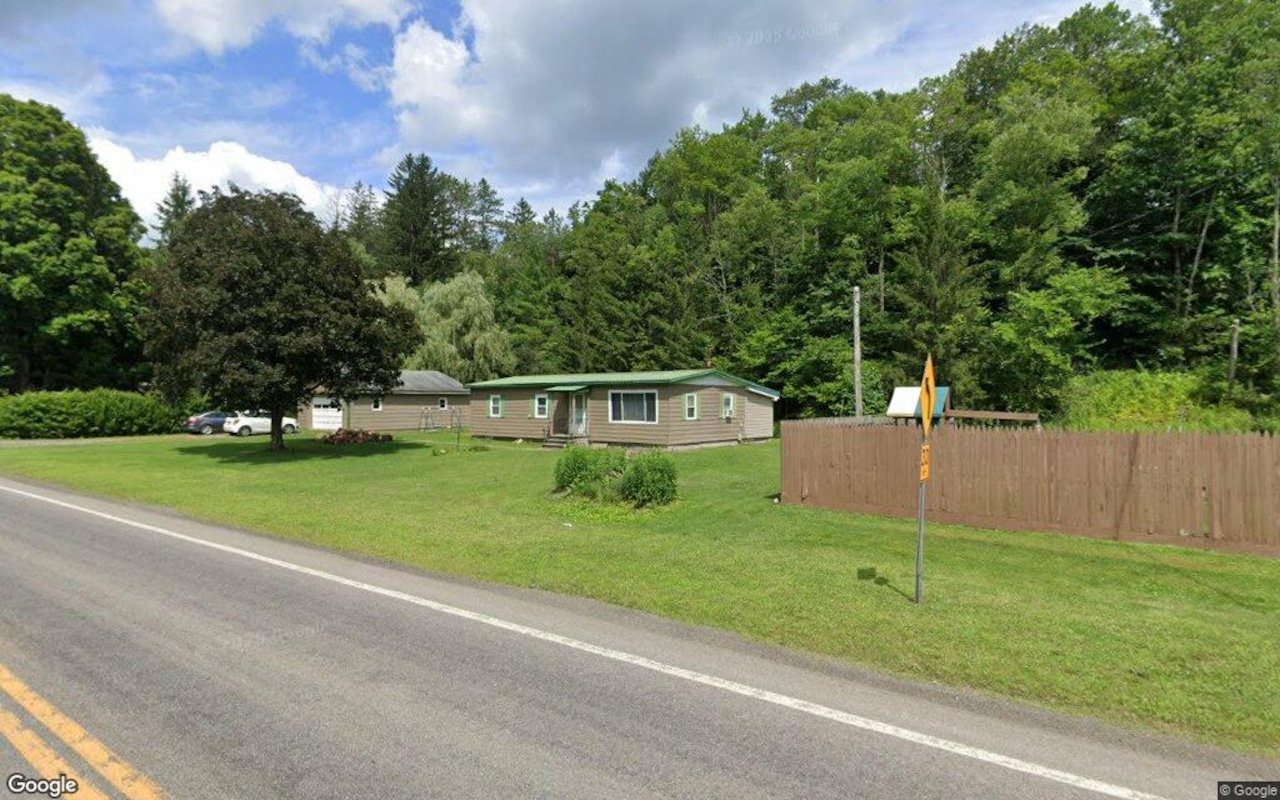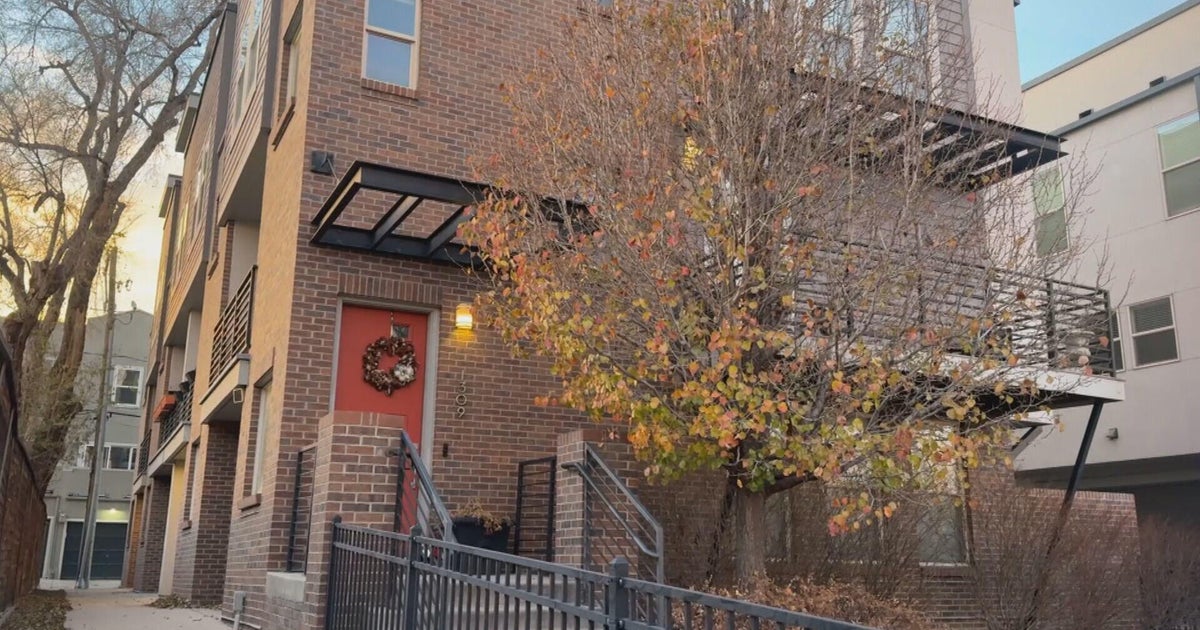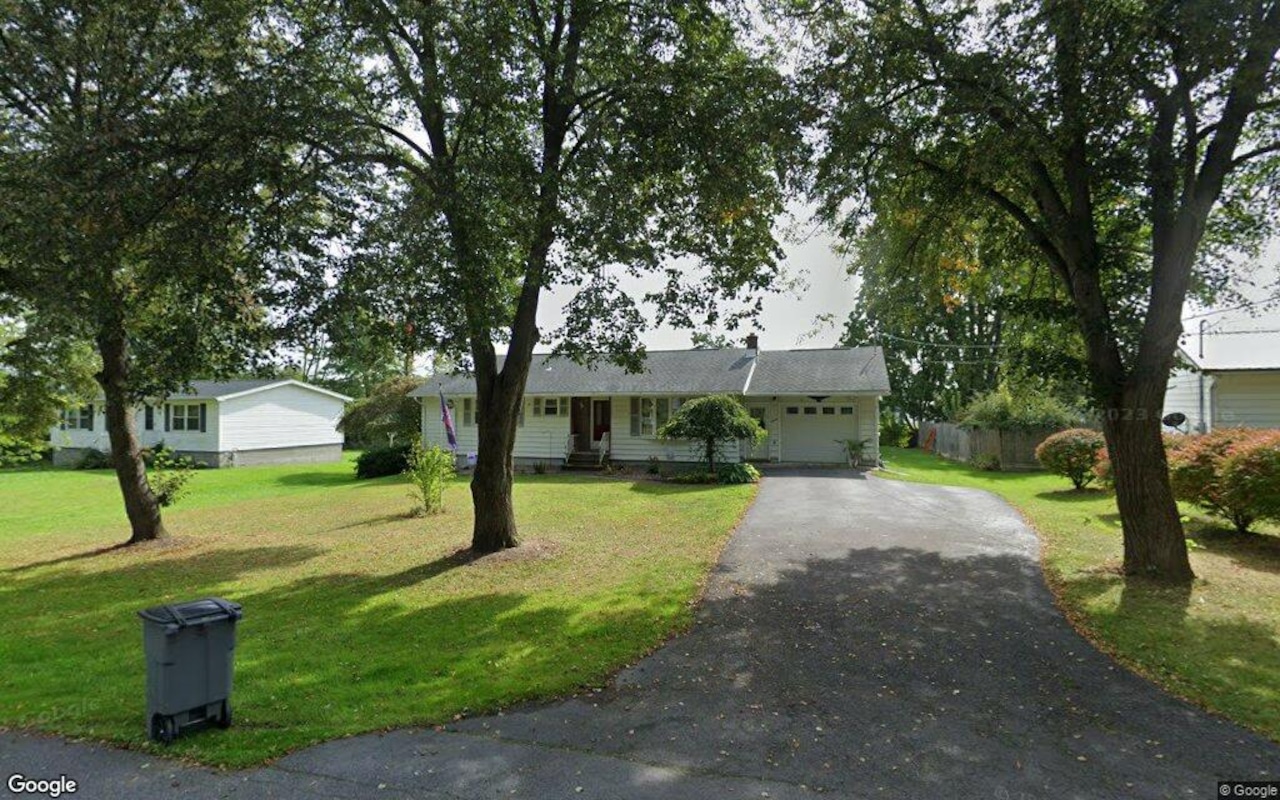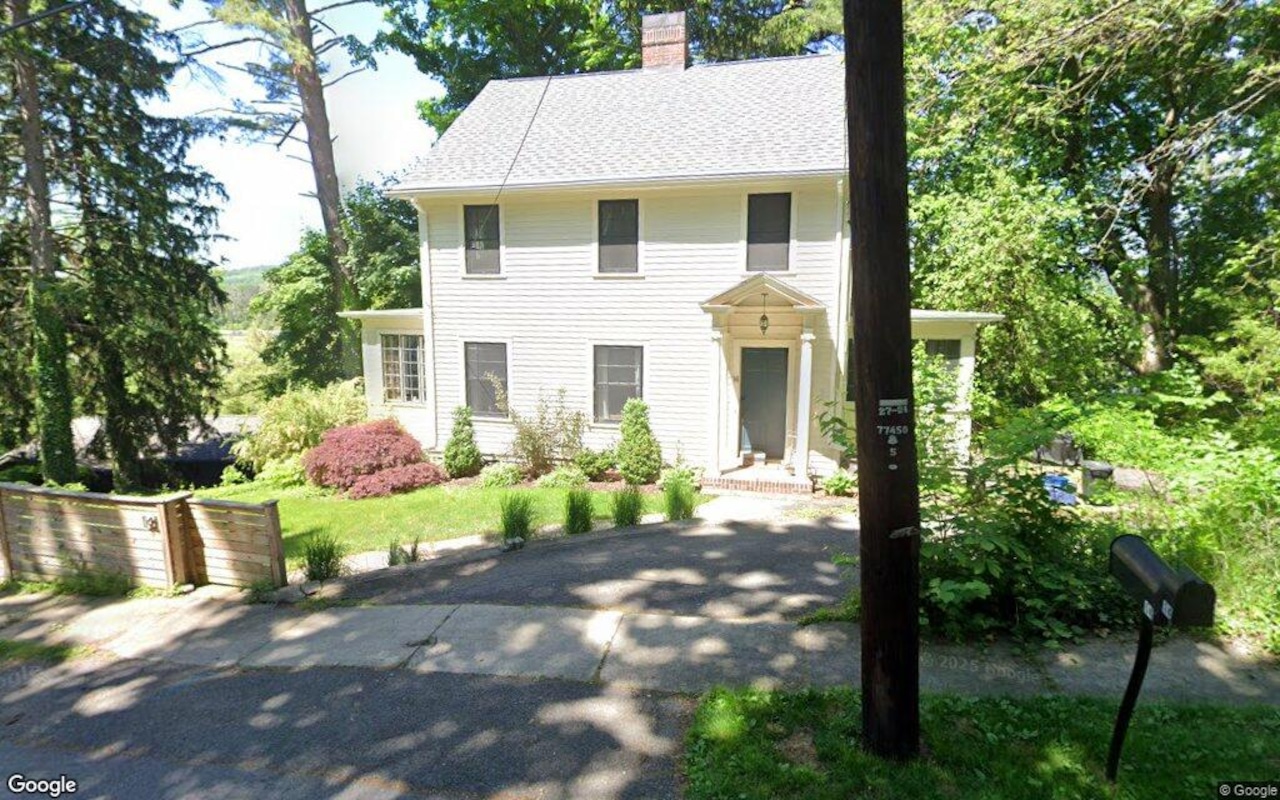A
s smart cities continue to evolve from concept to reality, they are revolutionizing urban development, particularly within the real estate and construction sectors. These futuristic urban areas aim to seamlessly integrate emerging technologies like IoT, AI, and big data into daily life, enhancing residents' quality of life, sustainability, and connectivity while driving economic growth. Major projects such as The Line in Saudi Arabia and Toyota's Woven City in Japan are part of a movement that will redefine how buildings are designed, managed, and valued.
Smart cities are built on interconnectivity, sustainability, and technology integration, reshaping market expectations and investment strategies within the real estate sector. Properties with smart technologies like energy management systems and high-speed connectivity are increasingly in demand. Developers must now think beyond physical structures, incorporating technologies that enhance residents' quality of life. The Build-to-Rent (BTR) market is well-positioned to benefit from this evolution.
The construction industry is also transforming, shifting from traditional building methods to more collaborative, data-driven approaches. Construction firms are integrating technologies like Building Information Modelling and IoT-enabled devices to support the interconnected nature of smart cities. By embracing these technologies early on, firms can reduce costs, boost productivity, and position themselves as leaders in an industry undergoing significant change.
Countries like China and Saudi Arabia are emerging as global leaders in smart city development, driven by strong central governments, economic strategies, and technological investment. However, the European Union faces challenges that slow its progress, including stringent regulations, data privacy concerns, and funding fragmentation.
The Line, a part of Saudi Arabia's NEOM initiative, is an ambitious smart city project that has scaled back its initial plans due to budget constraints and logistical challenges. This highlights the complexities of implementing large-scale smart city projects, requiring immense financial, political, and logistical coordination.
While opportunities are vast, the transition to smart cities presents challenges like a digital skills gap within the construction industry, high infrastructure costs, data security risks, and social equity concerns. To address these issues, construction firms must invest in training and upskilling their workforce, implement innovative financing models, and prioritize public-private collaboration.
Smart cities present a new vision of urban life, blending technology and sustainability to create environments that are more efficient, liveable, and inclusive. Realising this vision requires addressing challenges related to privacy, infrastructure costs, and inequality. By investing in smart technologies and prioritizing eco-friendly practices, real estate developers and construction firms can position themselves as key players in shaping the cities of the future.


